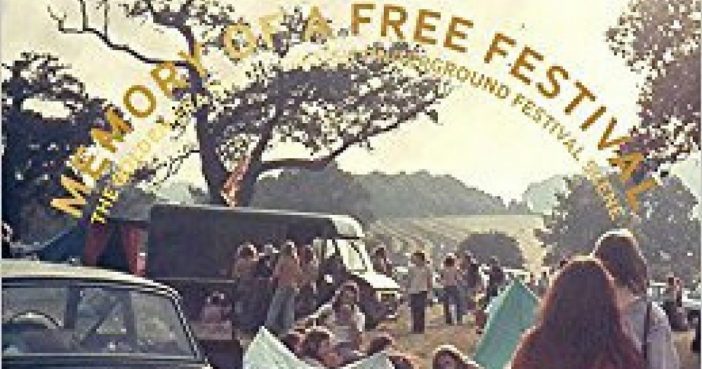
They were mostly unnoticed by the mainstream public at the time and it is only in recent decades that the likes of Glastonbury have become commercialized – with a high-security presence and identity checks on tickets.
Glastonbury was also famous for revelers scaling the fences – with 80,000 people getting on site without a ticket in 1995. The same happened again in 2000 when less than half of the 250,000 revelers had gone with a ticket.
Other interesting images in the new book by Mr. Knee show The Clash on stage at Rock Against Racism in 1978 and Phil May of the Pretty Things in full flight at the Hyde Park Free Festival in 1968.
Also shown in the book – Memory of a Free Festival – is Arthur Brown at Windsor in 1967 after being lowered from a crane into the audience wearing a flaming headpiece and painted mask.
Writing in the book’s introduction, Mr. Knee said: ‘With roots deeply embedded in British folk history, music festivals were at the heart of counter-cultural movements from the Sixties to the Eighties.’
‘The free festivals were microcosms of society; overnight cities of tents and polyethene shacks – a new Jerusalem taking up temporary residence on England’s green and pleasant land.
‘They were sites of multicultural music worship, where fellow fans and youth tribes congregated and intermingled, living off the land, sharing possessions, food, drugs and ideals; connecting with the past, catching glimpses of a feasible future, united in the service of pleasure under the open sky.’
Mr. Knee believes the festivals were part of an effort to overcome the various social problems that afflicted the country at that time.
‘The apparent frivolity of music festivals is deceptive; it often masked deeper issues around unemployment, racial prejudice, and nuclear threat,’ he said.
‘The festivals were a sometimes naïve but generally earnest attempt at forming bridges to overcome social issues within broader society.
